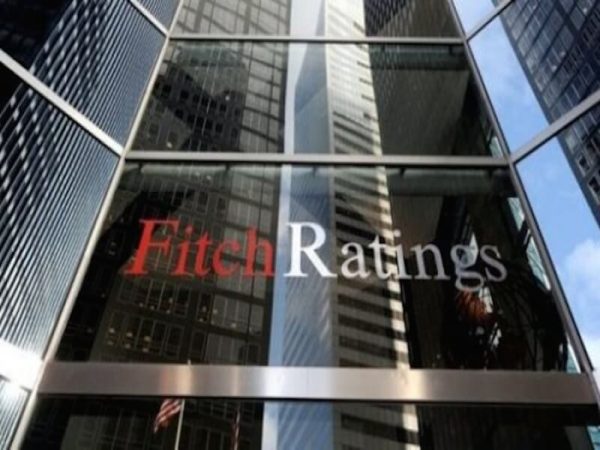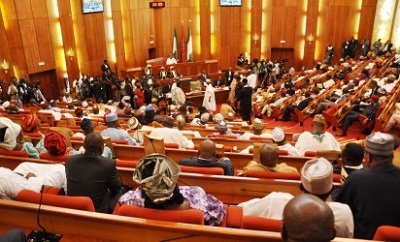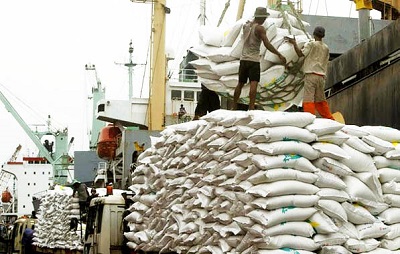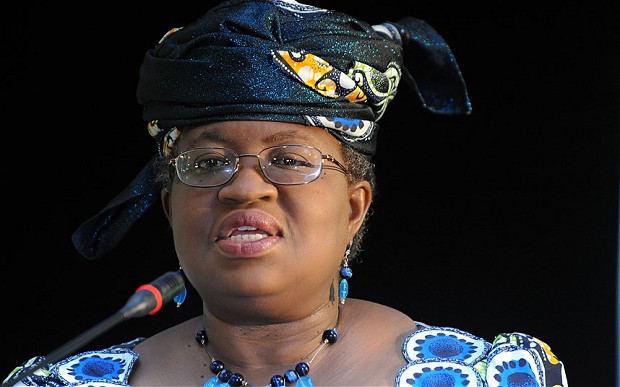Fitch Affirms Nigeria’s ‘B+’ Rating, Negative Outlook
 Fitch Ratings has affirmed Nigeria’s long-term foreign-currency Issuer Default Rating (IDR) at ‘B+’ with a negative outlook.
Fitch Ratings has affirmed Nigeria’s long-term foreign-currency Issuer Default Rating (IDR) at ‘B+’ with a negative outlook.
This is just as the country’s external reserves recorded a second consecutive day drop to $47.787 billion as of May 15 compared with N47.846 billion last Friday.
External reserves figures seen on the Central Bank of Nigeria’s website showed that this was the second time the accretion to the forex reserves currently at a five-year high was halted.
Fitch, a global rating agency, explained in a statement Thursday that the ‘B+’ rating it assigned to the country reflected Nigeria’s position as Africa’s largest economy and most populous country, its net external creditor position and its well-developed domestic debt market, low levels of domestic revenue mobilisation and GDP per capita, and low ranking on governance and business environment indicators.
It stated that the negative outlook further reflected uncertainty about the sustainability of Nigeria’s economic growth momentum as the impact of earlier shocks ease and progress in addressing high-interest service ratios.
However, Fitch predicted that Nigeria’s GDP growth would accelerate to 2.4 per cent in 2018, as the country continues to climb out of the oil price shock recession that characterised 2016 and the first quarter of 2017.
Nigeria’s growth rate turned positive in the second quarter of 2017, and the recovery of oil production to 2.1 million barrels per day (including condensates) by the fourth quarter of 2017, boosted oil revenue.
Greater FX availability also provided a lift to non-oil export sectors, particularly agriculture.
“Fitch expects that these trends will continue, but notes that tight monetary conditions will continue to weigh on Nigeria’s growth outlook. Fitch forecasts 2019 growth to rise slightly to three per cent, compared with 4.8 per cent for the five years prior to 2016.
“At 11.6 per cent, the five-year average inflation is much higher than the ‘B’ category median (4.9%),” it added.
At its most recent meeting in April 2018, the central bank held its monetary policy rate at 14 per cent. But the rating agency pointed out that the need to support the naira and lingering inflation pressures means that the CBN would ease monetary policy “only gradually”.
The naira has fluctuated close to N360 per dollar on the Investors & Exporters (I&E) window since its introduction in April 2017. According to the statement, given that most FX activities are now handled on the I&E window, it implied a devaluation by 45 per cent since the start of FX regime adjustments in June 2016.
“Together with higher oil prices and production, this has contributed to the convergence between the parallel market and the I&E rates.
“However, the FX market remains segmented and the continued use of exchange controls inhibit greater foreign-currency liquidity and capital inflows.
“In Fitch’s view, there is unlikely to be any further substantial change by the CBN to the existing FX rate regime before the 2019 elections.
“Increasing oil receipts and import compression have buoyed Nigeria’s trade surplus and brought the current account surplus to an estimated 2.2 per cent of GDP in 2017.
“Fitch expects that imports will begin to return to historical levels, especially as government capital expenditure increases and the current account surplus will narrow in 2018,” it added.
Nigeria’s external reserves position has increased to a four-year high due to stronger oil receipts and considerable hard-currency bond placements.
As of end-April, gross international reserves were $47.5 billion, or eight months of current external payments (CXP), well above the ‘B’ median of 3.9 months of CXP.
Fitch, however, noted that $5 billion of the reserves has been pledged in forward positions.
It noted that the federal government’s inability to substantially increase domestic revenue mobilisation remained a key rating weakness.
Non-oil revenue increased slightly in 2017 to 3.4 per cent of GDP “and will continue growing slowly as a result of new revenue measures and efforts to increase the tax base, but any increase comes from a very low base”.
“As a result, general government debt as a percentage of revenue will increase to 311 per cent in 2018, compared with the ‘B’ median of 240 per cent.
“The ratio of Federal Government of Nigeria (FGN) debt to FGN revenue is even higher, estimated at 623 per cent as of end-2017.
“However, relative to GDP, general government debt will only be 20.5 per cent of GDP in 2018, well below the ‘B’ median of 61.5 per cent,” it added.
Fitch also forecast that in 2018 the general government fiscal deficit would contract slightly to 4.2 per cent of GDP, from an estimated 4.6 per cent in 2017.
It stated that the government’s attempts at fiscal consolidation have been hampered by low levels of tax coverage and compliance, rigidities in Nigeria’s budgeting framework, and consistent delays in approving budgets.
Fitch’s forecasts were based on a conservative oil price assumption of USD57.5/b, so higher oil prices could reduce the deficit significantly, if the windfall is not directed towards spending.
“The banking sector has been aided by the easing of foreign-currency liquidity, but economic headwinds, combined with high loan concentration, have eroded asset quality and capital adequacy.
“The ratio of non-performing loans to total loans increased to 15.1 per cent in third quarter of 2017, from five per cent in 2015, although pressures are likely to ease in 2018 and provisioning coverage is fairly healthy.
“Capital adequacy fell to approximately 10.6 per cent in the third quarter of 2017, from 18 per cent in 2015.
“Tight monetary conditions have weighed on credit provision and credit to the private sector contracted by 3.7 per cent in 2017.
“Nevertheless, the sector remains highly profitable and that is not expected to change.
“The general election scheduled for February 2019 could further weaken progress on the reform agenda and aggravate ongoing security challenges.
“Most importantly, any flare-up of insurgent activity in the oil-producing Niger Delta would hit fiscal and external revenues. In 2016 and 2017, increased insurgent activities caused a fall in oil production to a low of 1.7mbpd,” Fitch noted.







